Description
Foxboro FBM216 P0917TN I/O Module – Reliable 200 Series field I/O for process automation
The Foxboro FBM216 P0917TN is a 200 Series Fieldbus Module designed for the I/A Series (now Schneider Electric EcoStruxure Foxboro DCS). From my experience, it’s typically deployed as a compact, hot-swappable field I/O interface for process signals, giving you stable acquisition of plant data with very little downtime. You might notice that it fits into standard 200 Series baseplates, supports redundant fieldbus architecture, and keeps your loops running even during maintenance.
Company’s Order Placement Process and Guarantees
- Warranty: 365 days
- Lead time: 1 week if in stock; no more than one month at the latest
- Payment: 50% advance payment, full payment before delivery
- Express options: FedEx, UPS, DHL
Key Features
- 200 Series form factor – Slots into standard Foxboro FBM baseplates for straightforward system expansion or replacement.
- Hot-swappable maintenance – Replace the module without shutting down the whole node; typically reduces downtime to minutes.
- Robust signal handling – Well-suited for process analog I/O in many cases, ensuring stable data collection in harsh environments.
- Redundant fieldbus support – Works within the Foxboro redundant I/O architecture to maintain high availability.
- On-board diagnostics – Health and status indication helps maintenance teams pinpoint issues faster.
- Secure, shielded wiring via terminal assemblies – Field terminations are handled by the matched TA, keeping noise low and wiring tidy.
Technical Specifications
| Brand / Model | Foxboro FBM216 (P0917TN) |
| HS Code | 8537.10 (Boards/panels for control of electricity, ≤1000 V) |
| Power Requirements | 24 VDC nominal via 200 Series baseplate; typical low-power FBM consumption |
| Dimensions & Weight | Standard 200 Series FBM module size; compact, panel-depth friendly |
| Operating Temperature | 0 to 60 °C (typical for FBM modules) |
| Signal Input/Output Types | Process I/O via matched Terminal Assembly; commonly used for analog process signals in Foxboro DCS |
| Communication Interfaces | Foxboro 200 Series Module Fieldbus via baseplate; supports redundant architecture |
| Installation Method | Hot-insertable FBM; mounts to 8- or 16-slot FBM baseplates; field wiring on TA |
Application Fields
Plants using Foxboro I/A Series or EcoStruxure Foxboro DCS where reliable field I/O is a must:
- Oil & Gas – well pads, separators, and gas processing skids that need stable analog measurements.
- Chemicals & Petrochem – reactor temperature/pressure loops and utility monitoring.
- Power & Utilities – boiler, burner management auxiliaries, water treatment, and balance-of-plant signals.
- Pharma & Food – regulated environments where downtime windows are tight and traceability matters.
- Metals & Mining – rugged field conditions with noise and vibration where robust FBM design helps.
Advantages & Value
- System compatibility – Designed for Foxboro 200 Series; no adapters required when the baseplate and TA match.
- Lifecycle savings – Hot-swap capability and clear diagnostics typically cut mean time to repair.
- Operational continuity – Works in redundant fieldbus nodes, improving overall availability.
- Supported migration path – A practical choice for brownfield expansions or phased upgrades without a full DCS rip-and-replace.
A maintenance supervisor told us they swapped an FBM216 during a shift change and had the loop back within 10 minutes—no need to power down the entire cabinet. That’s the kind of small, real-world benefit that adds up across a site.
Installation & Maintenance
- Cabinet & mounting – Install on a Foxboro 200 Series baseplate in a grounded, ventilated control cabinet. Maintain adequate clearance for airflow and cable bend radius.
- Wiring – Route shielded instrument cable; ground shields at one end. Keep power and signal cables segregated to minimize noise.
- Power – Use the baseplate’s 24 VDC supply. Verify redundancy and health LEDs before and after insertion.
- Safety – De-energize field circuits when landing or moving wires on the TA. Follow site lockout/tagout procedures.
- Routine care – Check terminal tightness periodically, clean dust with dry air, and review diagnostics in the DCS. Firmware updates (when applicable) should be planned during maintenance windows.
Quality & Certifications
- Typically complies with CE requirements for EMC and safety; many installations also rely on UL/CSA approvals and RoHS conformity.
- Manufacturer warranty practices vary by region; we provide a 365-day warranty on supply.

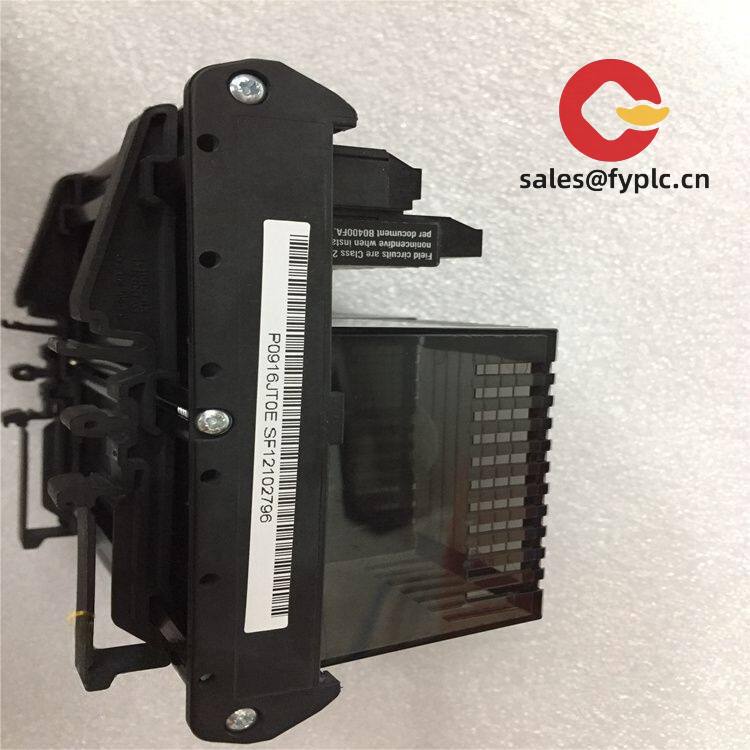
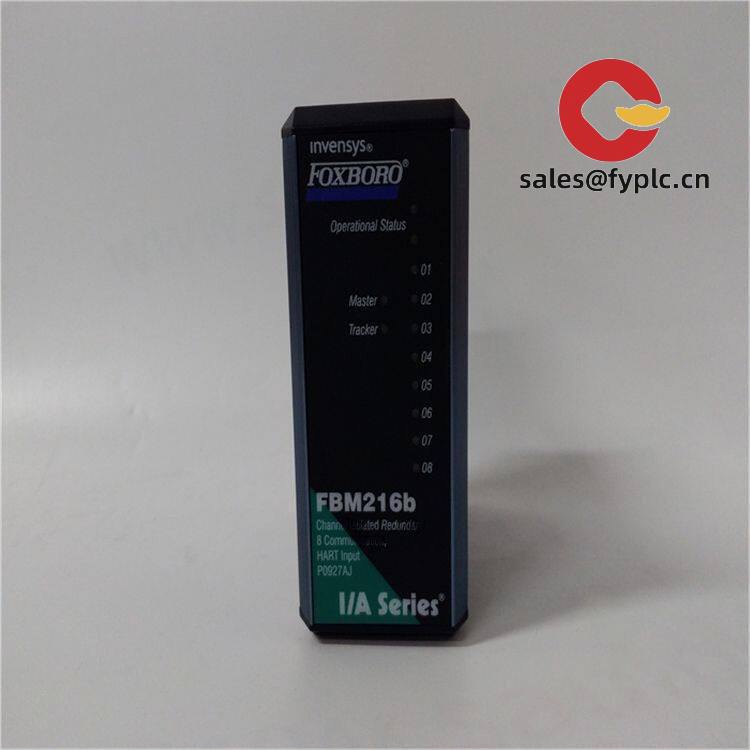
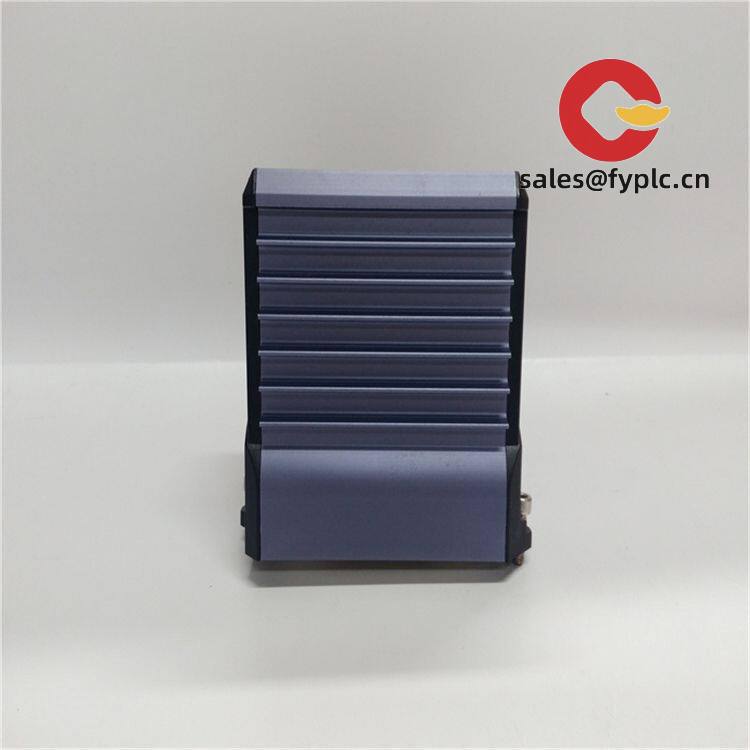
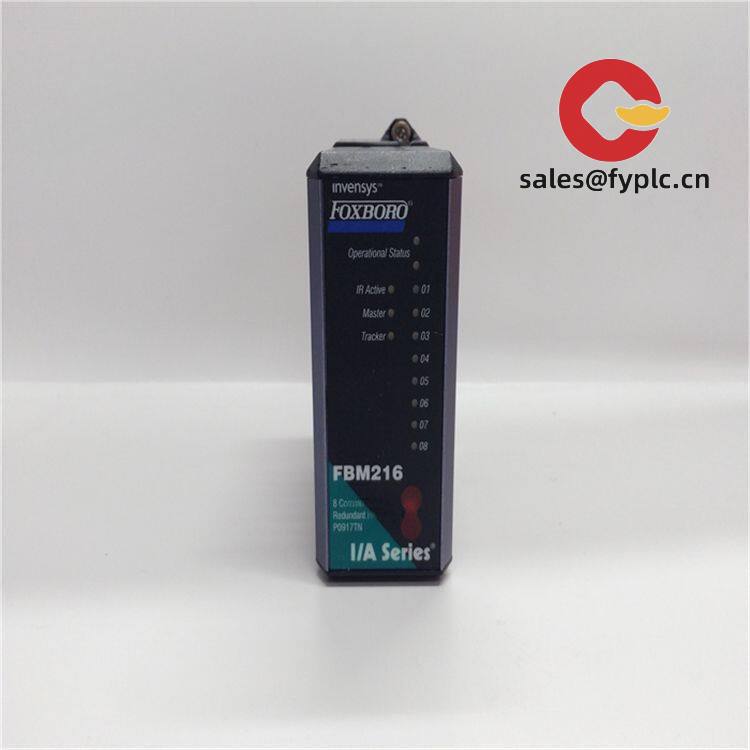
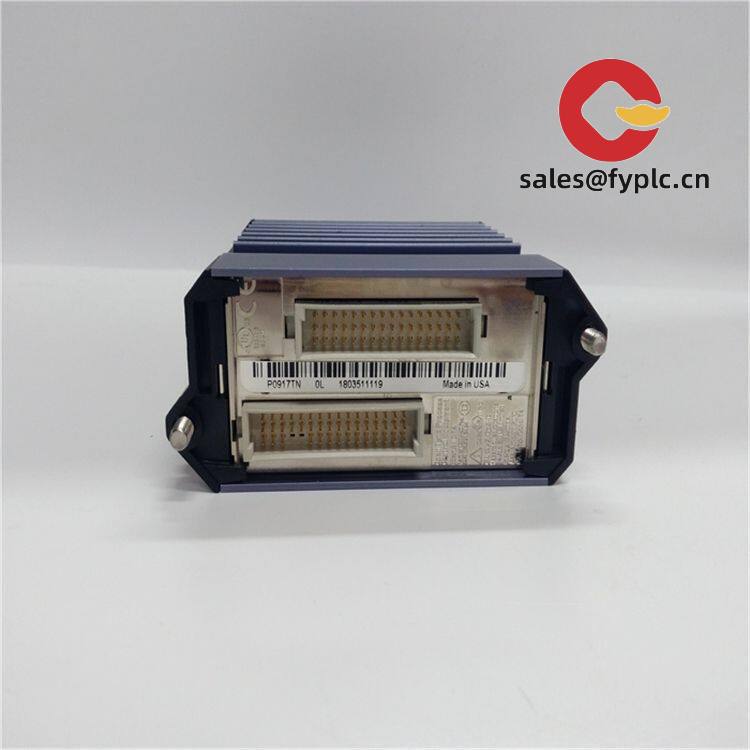

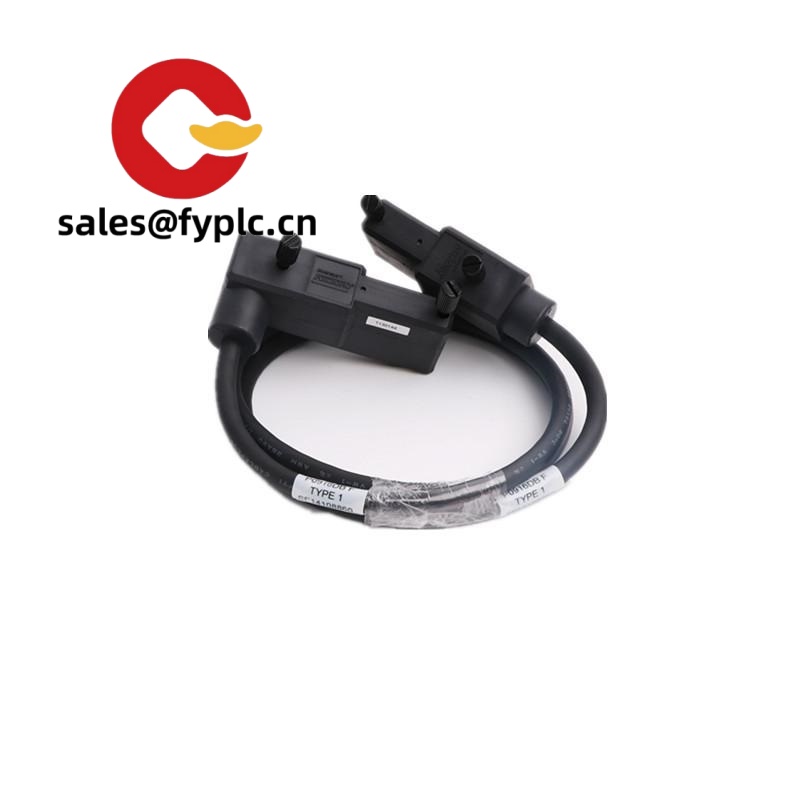
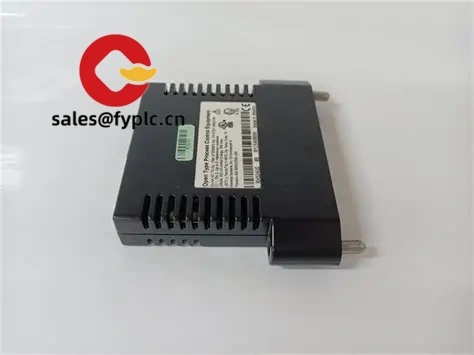
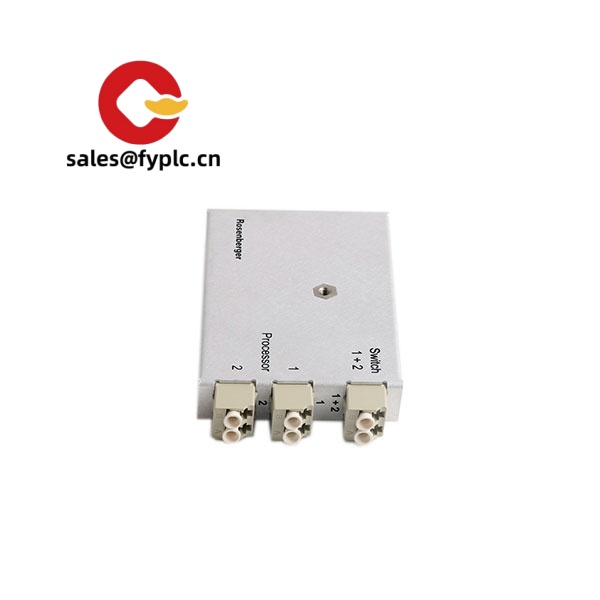
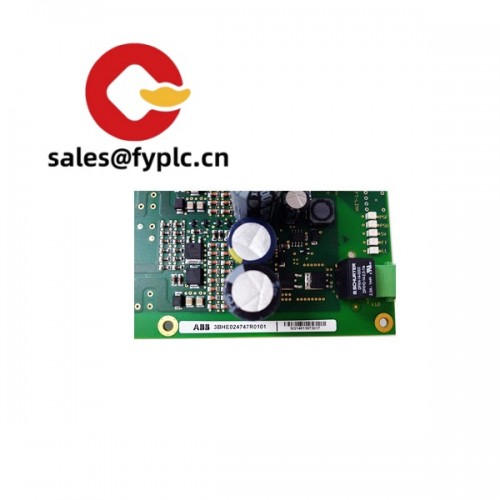
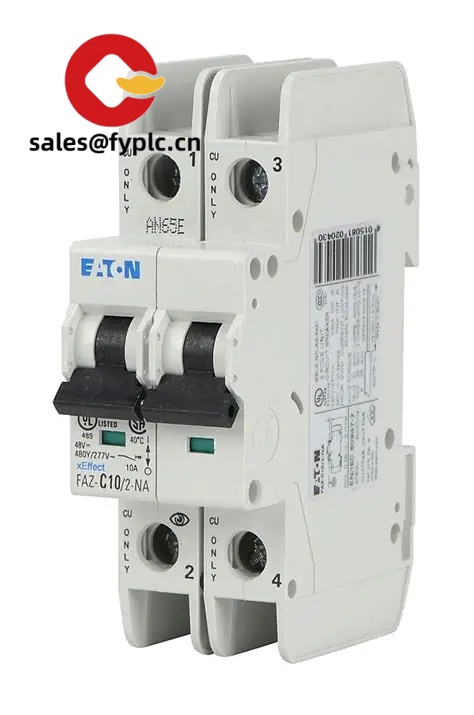
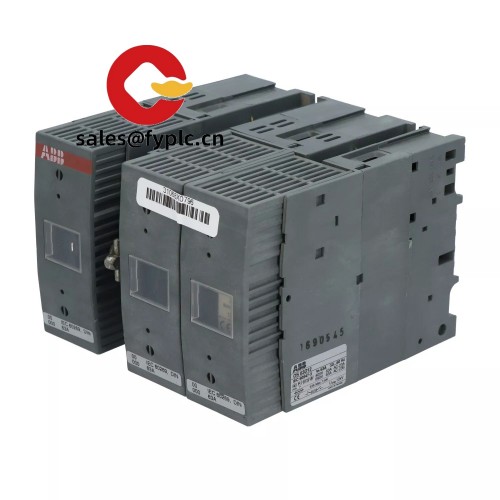
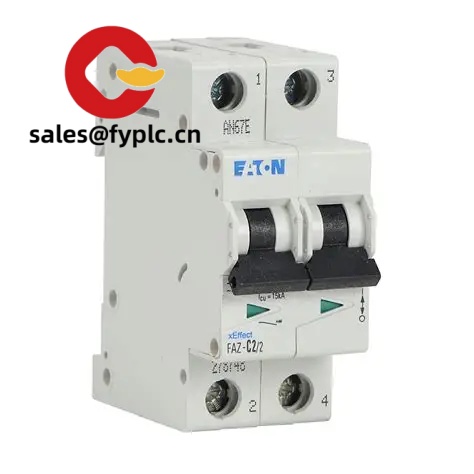
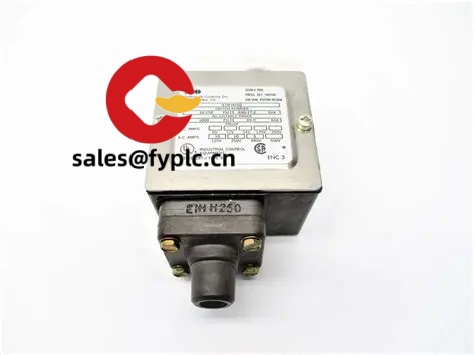


Reviews
There are no reviews yet.